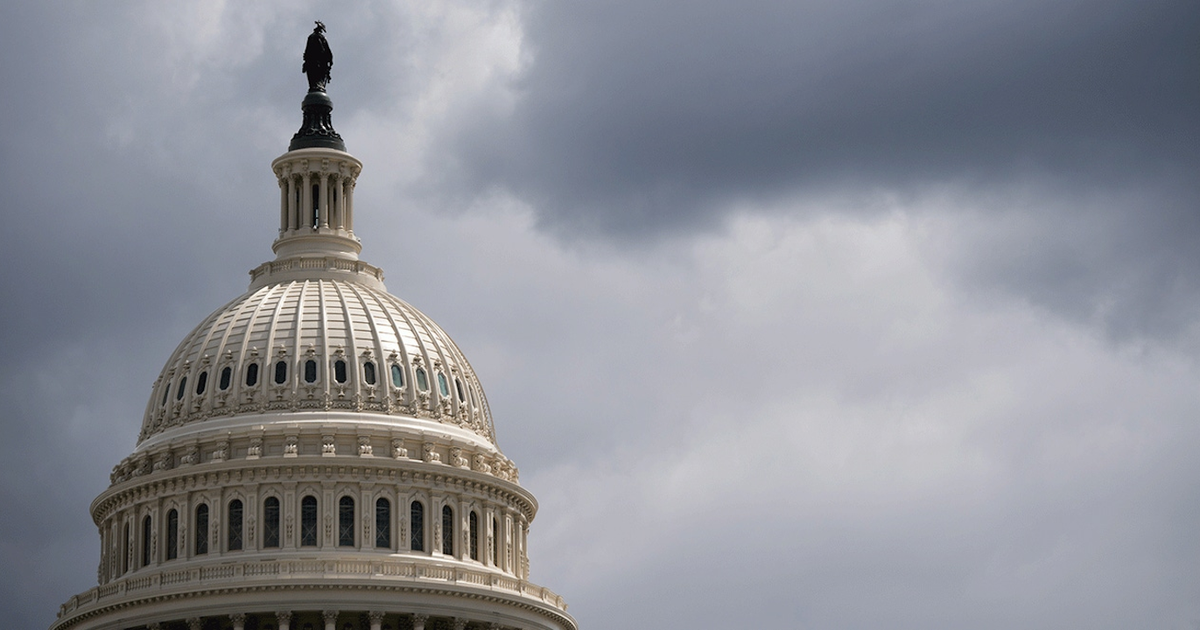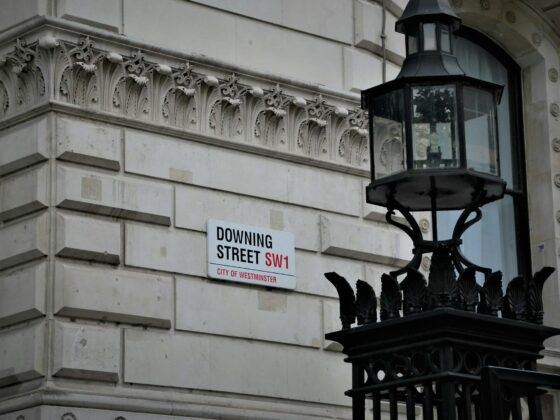
Congressional Democrats are trying again to raise the national minimum wage to $17 an hour. Sen. Bernie Sanders (I-Vt.) reintroduced the Raise the Wage Act to Congress on Tuesday, which would not only gradually increase the minimum wage to $17 an hour over the course of five years, but would also eliminate the subminimum wage for tipped, disabled, and youth workers over the gradually over seven years.
The legislation would, by 2030, more than double the current federal minimum wage of $7.25, which was last increased in July 2009.
Over the weekend, Sanders forced a vote to amend the Senate Budget Resolution to include this new minimum wage, which was largely voted on along party lines.
“In the year 2025, in the richest country in the world, nobody should be forced to work for starvation wages,” Sanders said during Tuesday’s press conference. “It is time to raise the disgraceful $7.25 an hour federal minimum wage to a living wage, at least $17 an hour. … Over 60% of workers in our country live paycheck to paycheck. … Today, we are saying we want an economy that works for everybody, not just the billionaires.”
This is not the first time during the Biden presidential administration that Congress tried to increase the federal minimum wage. A $15 federal minimum wage was originally part of President Biden’s $1.9 trillion COVID-19 relief plan at the beginning of his presidential term in 2021, and the Raise the Wage Act was introduced shortly after by House Democrats, proposing to eliminate the tip credit and raise the federal minimum wage to $15 an hour. The same legislation had been introduced (and failed) during the Trump administration in 2019, but failed to pass in the Senate both times.
In July 2023, the bill was reintroduced and adjusted for inflation to $17 an hour, although it was not passed.
The restaurant industry has expressed concerns over proposed changes, particularly the elimination of the subminimum wage, which is currently $2.13, and has been eliminated already in seven states and individual districts and cities, including Washington, D.C. and Chicago, which both are in the middle of phasing out the so-called tipped wage.
Businesses have also raised concerns that so starkly adjusting the minimum wage would lead to mass layoffs and hiring freezes.
“Sen. Sanders’ proposal would more than double the existing federal minimum wage and would lead to heavy job losses across the country in an already volatile economic environment,” Rebekah Paxton, research director at the Employment Policies Institute, said in a statement. “The proposal to pair such a wage hike with tip credit elimination adds insult to injury: tipped workers across the country have already resoundingly rejected similar policies in their states because it slashes their earnings and livelihoods.”
The Raise the Wage Act of 2025 has received support from Rep. Robert C. Scott (D-Va.), who is the ranking member of the House Committee on Education and Workforce, as well as 32 Senators, 142 Congressional Representatives, and dozens of nonprofits, advocacy, and union organizations nationally.
Contact Joanna at [email protected]








